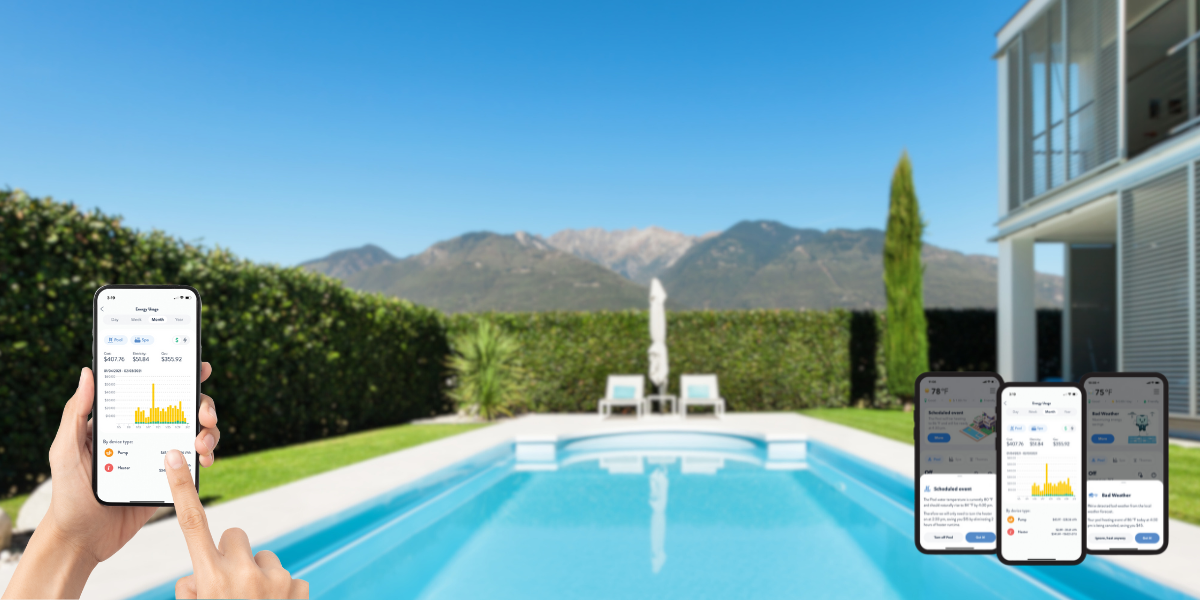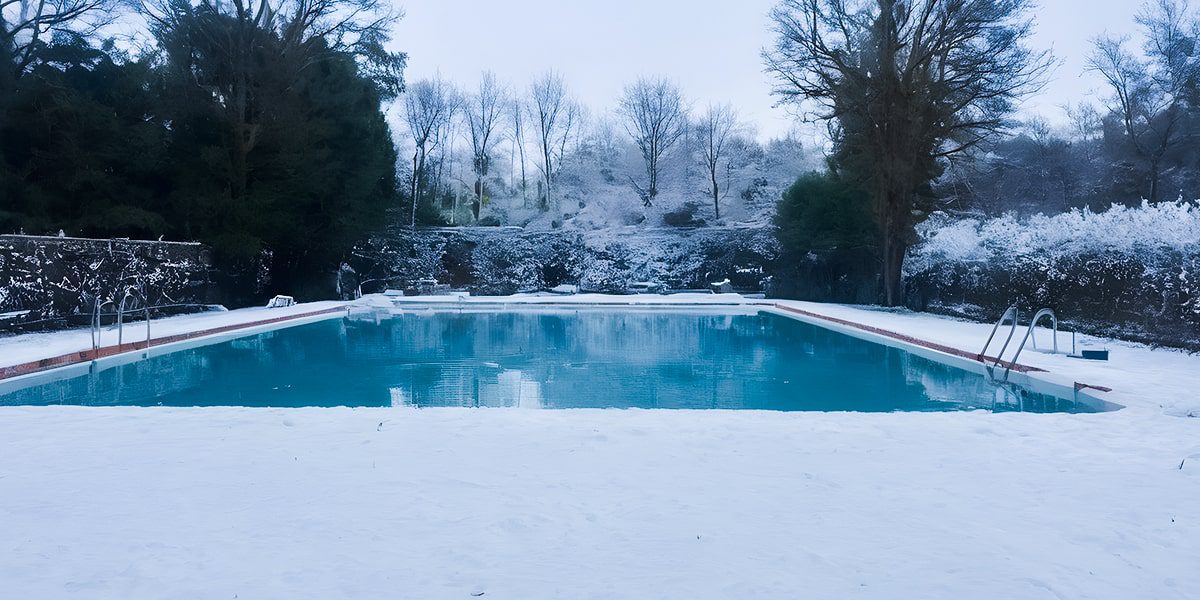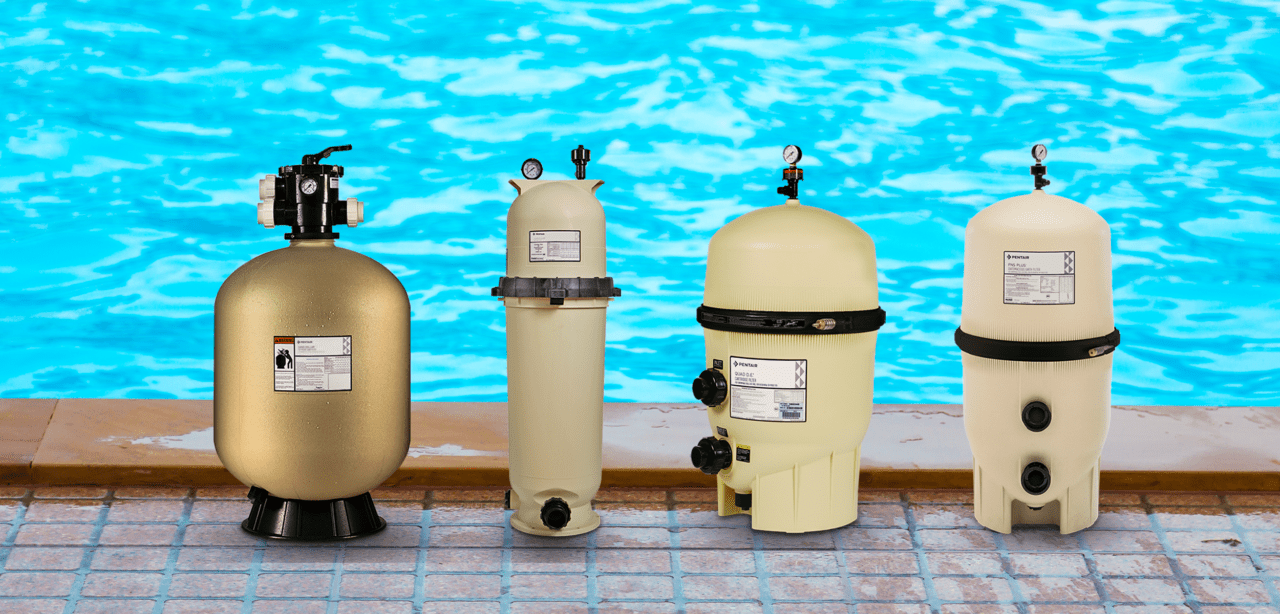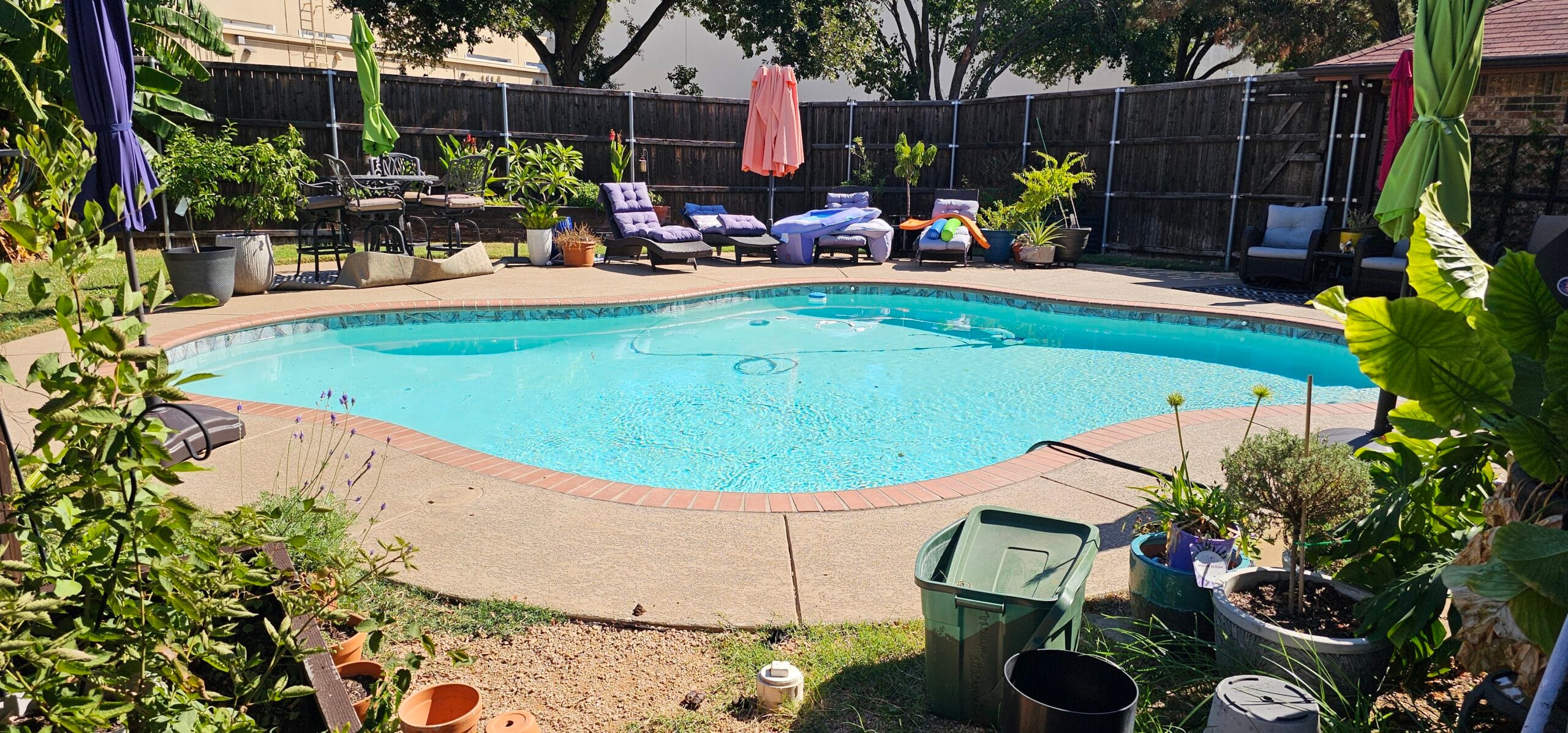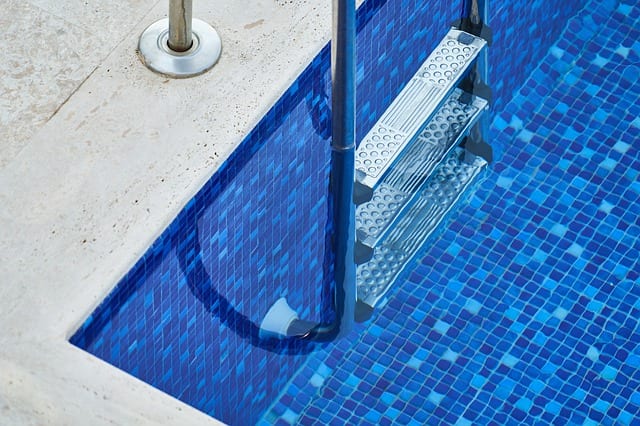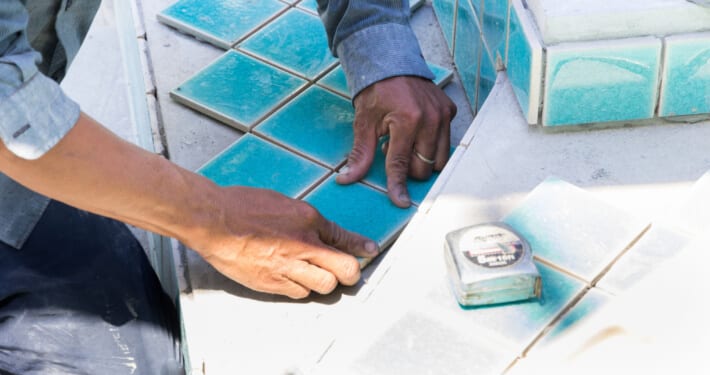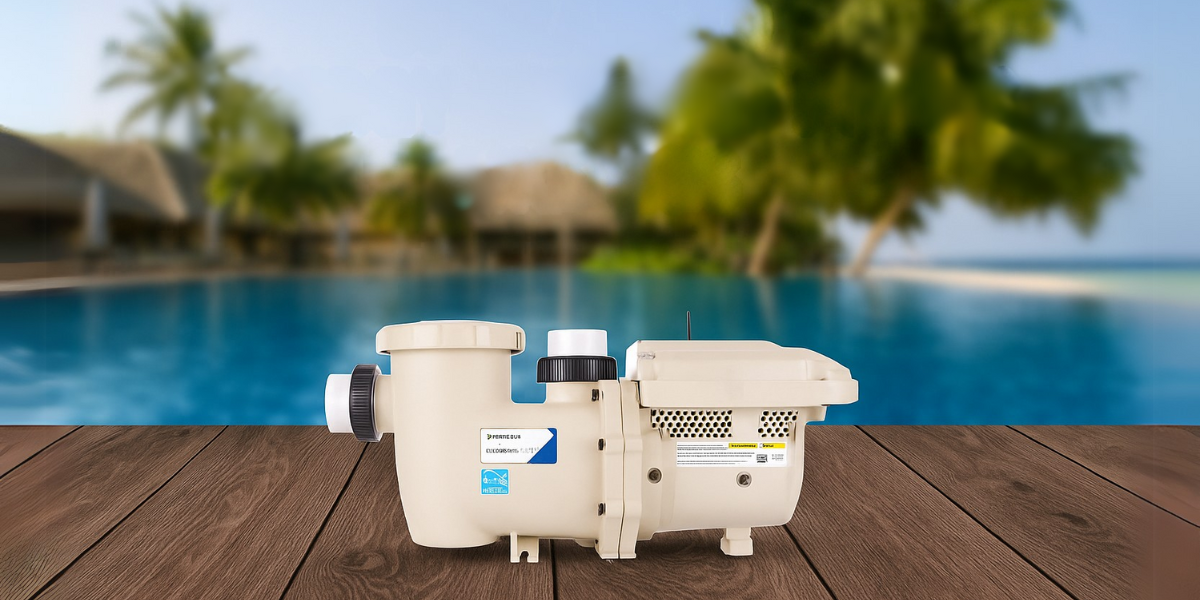Does your pool appear cloudy? Don’t worry!
Here’s what you need to know about clearing up cloudy pool water.
Oh no! It’s Friday morning before your big pool party and you notice you have cloudy pool water. That could be a real bummer.
But fortunately, most of the reasons your pool might be cloudy are easily fixable and you shouldn’t have a problem getting your water ready in time.
In order to get started, you just need to figure out the reason your pool is cloudy and take steps to rectify it. Read on to learn more.
What Makes for Cloudy Pool Water?
Having cloudy pool water could be as simple as needing to change your pool filter. Or, it can be a sign of something more serious like a faulty filtration system.
But the most common cause of a cloudy pool has to be improper chemical levels. If your water pH is imbalanced then your pool can become alkaline making it cloudy.
If your water chlorine level is low, this can also lead to cloudiness since chlorine is used to kill bacteria and algae in your pool. If the chlorine level in your pool drops very low, then it can become a health hazard and you will need to shock your pool right away.
Balance Your Pool Chemicals
The first strategy you should try to get your pool to be clear is checking the chemical levels and making sure they are all balanced. To do this, purchase a test kit with various panels.
It will be able to show you the levels of everything like chlorine, bromine, calcium hardness, alkalinity, and cyanuric acid levels.
These test kits can also test for metals that might be present in the water such as iron, copper, and biguanide. Once you know what those levels are you can use various calculations to find out what amounts of other chemicals you need to add to the pool in order to balance it.
Consider Shocking Your Pool
If you have recently had a lot of rain in your area or a lot of hot sunny days, then the chlorine levels in your pool can get off very quickly. To solve the problem, you can use a chlorine stabilizer like cyanuric acid.
This acid reacts with the water in your pool and prevents it from being depleted of chlorine from the UV rays of the sun. Just make sure you don’t use too much. If you overdo it, then your pool will become cloudy and will be at risk for algae growth.
More Help Keeping Your Pool Clean
Now that you understand more about the causes of cloudy pool water, you can take the steps to prevent your water from getting cloudy in the first place. And if you ever need to treat it again, you can always come back to this article.
If you live in the Dallas Fort Worth area and need more help getting your pool to look its best, contact us today.
Want More tips? Read other Articles


